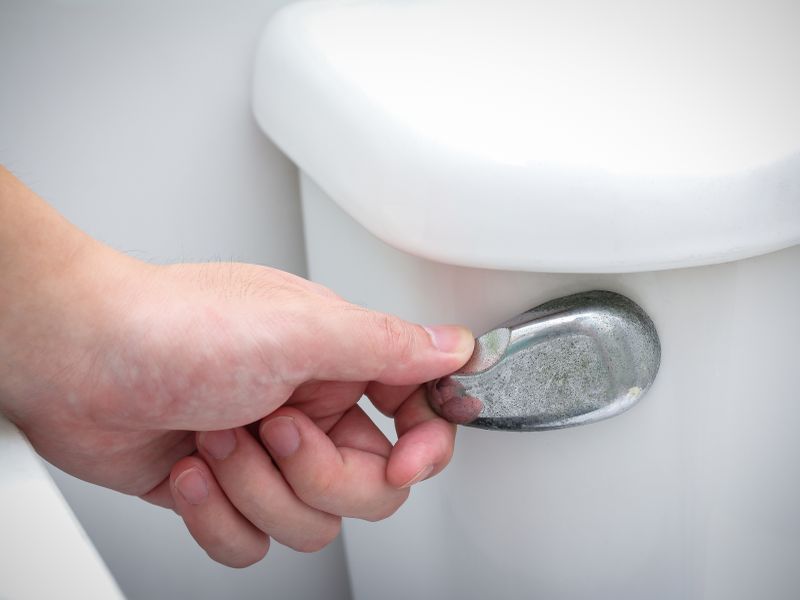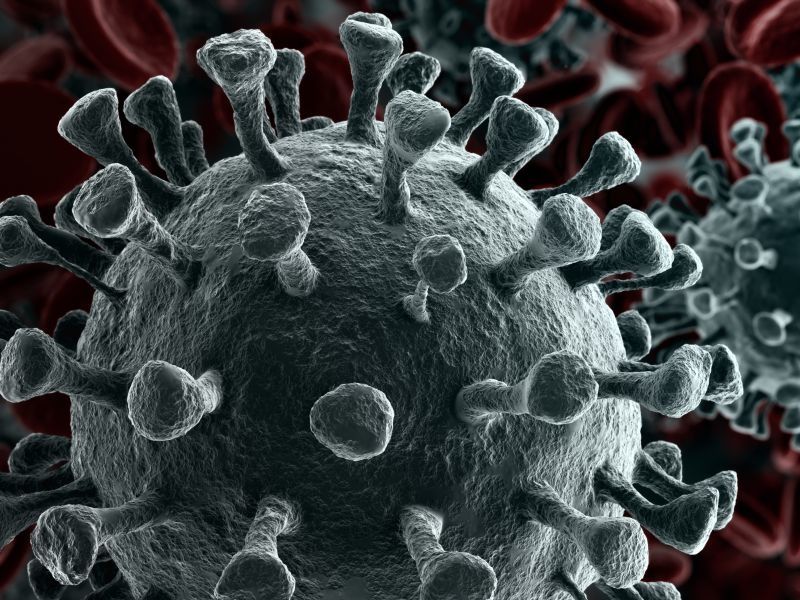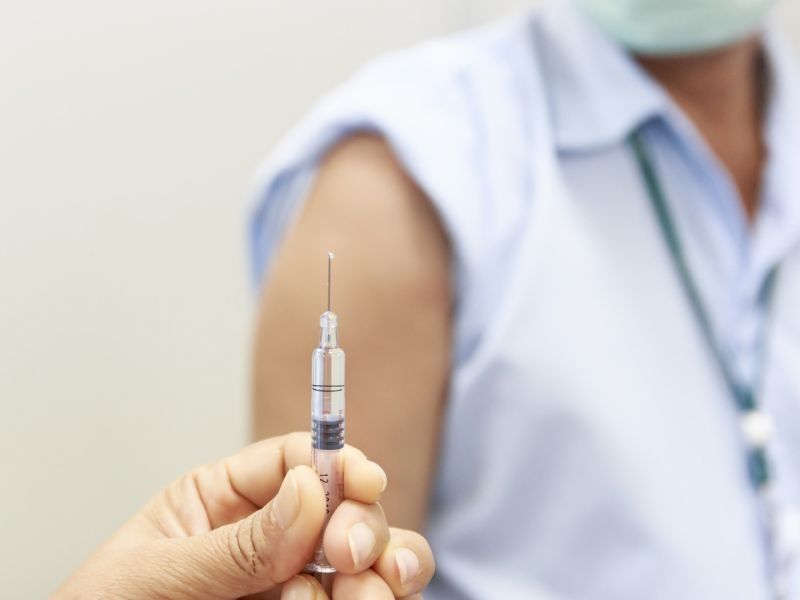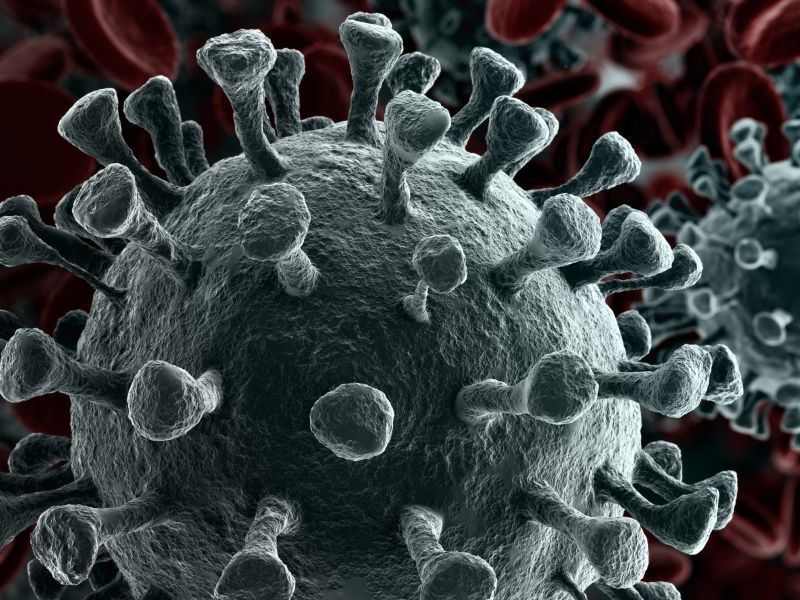
Many women suffer through countless urinary tract infections (UTIs), but a new study in mice offers hope that a vaccine could one day bring their nightmares to an end. “Although several vaccines against UTIs have been investigated in clinical trials, they have so far had limited success,” said senior study author Soman Abraham, a professor… read on > read on >






























